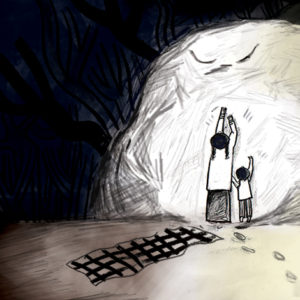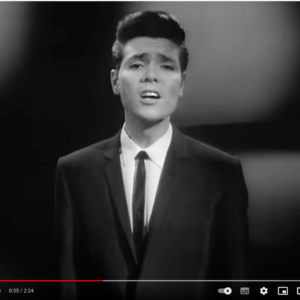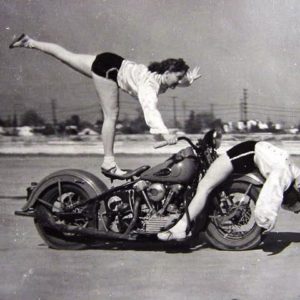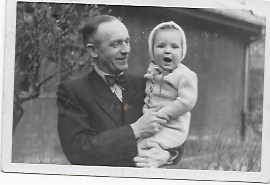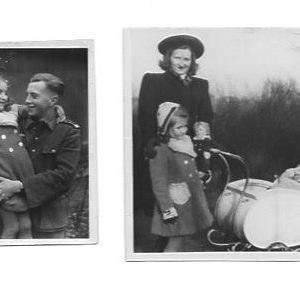My first real job was props and casting with an advertising agency called O&M. It was 1973 in Malaysia and there were no talent scouts or casting agents. When the company needed actors for their TV commercials, I would go out and find them, in the streets if I had to.
I’d go to factories to find macho men for Gold Leaf cigarettes, office buildings for slender ladies with long, shiny, black hair for Sunsilk shampoo, or schools in search of a six year old boy with straight teeth, dimples, and a great smile, for Nestle chocolate milk. In 1973 television was glamorous and people were accommodating. I was given instant access into factories and schools to ask folks if they want to be on TV!
I was young, shy and awkward and would have been a complete failure had I not been given a Hasselblad 500, a camera that looked like a heavy, square, metal lunch box. You held it with both hands just above your waist as you look down to frame the shots.
I loved that camera. I loved the way my fingers hugged the steel frame, I loved flipping the view finder open and shut, adjusting the lens, pulling the lever and cranking it after every shot. When I was done I would drape it with a chamois and cradle it gently into a metal case, snapping the case shut and lugging it with me.
Sometimes I skipped the case and went around with the five pound camera hanging from my neck. Not only was that Hasselblad my credential, it was a protective wall between me and the other.
I grew up in a conservative family. Every day after school I went straight home. I was not allowed out, no after school activities, no socializing, no friends. Every evening, day after day, year after year, I watched television. In the sixties in Malaysia all the programs were American. Only the news and short clips of patriotic songs with images of a nation bursting with buildings, brand new highways and bridges, were made in Malaysia—I did not care to watch them.
American TV, I could not get enough of: The Beverly Hillbillies, Gilligan’s Island, Twilight Zone, Mission Impossible, The High Chaparral, The Carol Burnett Show. TV was my escape and my lifeline, I learned all about what I thought was American and hung on to everything I saw and “experienced.” I was convinced I was American. Malaysia was a temporary station until I could be where I belonged—in America, where there was freedom; freedom of speech, freedom of action, and the most amazing of all, freedom of thought—in America you could think anything you want, an idea I could not even imagine but appealed to me immensely.
In 1980, after seven years in advertising, I got my chance. At first I was heading for Madison Ave, the mecca of advertising but that offer fell through and I got consolation prize—Los Angeles, not a big advertising town but it was America. I jumped on the plane.
I had one friend in LA, Bob whom I met in Sydney, Australia. He told me he spent one month in Penang, my hometown, eating; we became best friends. After travelling the world for ten years, he returned to LA around the time I arrived.
I just came from where bread was sold by a guy on a scooter with a metal basket behind him, and if you wanted the bread sliced, he did it right there for you with a serrated knife. In LA, supermarkets sold forty different breads. Today, I don’t notice it anymore, but those first few weeks for Bob and I, the bread aisle in an American supermarket, was mind blowing.
On weekends we hung out in Korea town and visited MOCA, The Museum of Contemporary Art. There were no cell phones then, when you made a plan, you waited at a particular spot till the other showed up. So there I was, standing, waiting in front of MOCA, waiting for Bob who ran late. I got bored and took out my camera. It was an SLR with a long lens. I held it up to my face with my eye through the view finder, looking across the street.
Up on the building in huge letters was LA TIMES and next to it was LAPD, the Los Angeles Police Department. The juxtaposition of LATIMES /LAPD was intriguing. I kept looking through the view finder, waiting for a story the picture might tell me, wondering, waiting for I don’t know how long when suddenly, I was sandwiched between two policemen and one told me to follow them, and I did.
We walked a ways and up some steps and into LAPD.
For one insane moment I thought, cool, I’m in LAPD, like on TV. But when we entered a metal cage-elevator and instead of going up, we went down, down, down into the bowels of that ancient building, out to a narrow corridor, into a small room with a table and three chairs, my heart pounded out of my chest. What did I do? What did they want?
I told myself to get it together, it was no TV, I was in a real police station, a big assed one at that.
Bad cop took my bag and spilled the contents on the table. He took my camera and note book, and left. My journals contained thoughts on hyper capitalism and forty different breads, how too much choice was evil. There were poems I wrote with expletives on free enterprise. I had photographed a nuclear reactor that looked like giant breasts and titled it Carol Doda’s—I spilled my guts and came clean to good cop.
He assured me they didn’t care about my thoughts (I’m in America!). He asked what countries I had travelled to, how long I stayed and what I did. Then bad cop came back, good cop left, bad cop left, then they both came back and told me I was free to go. Just like that.
They walked with me back to the museum. Bad cop turned out to be a sweet caring man who asked me about Malaysia and what I did. He confessed that he thought I was innocent all the while. He told me that terrorist were spying on US infrastructure amassing photos and blueprints, and to be careful where I point my camera in America. I thanked him for his advice.


